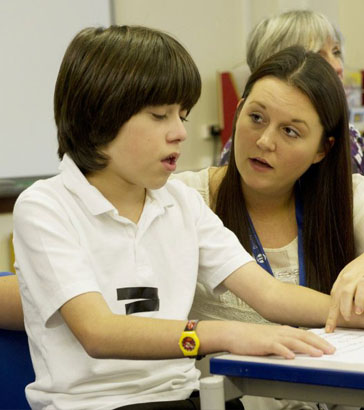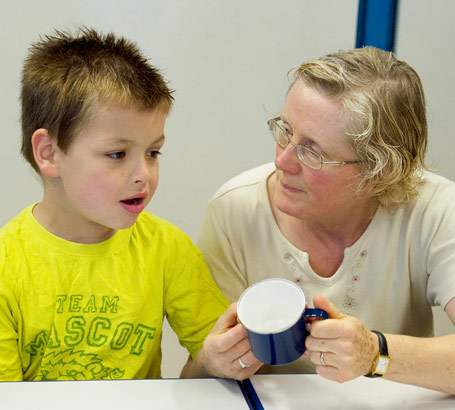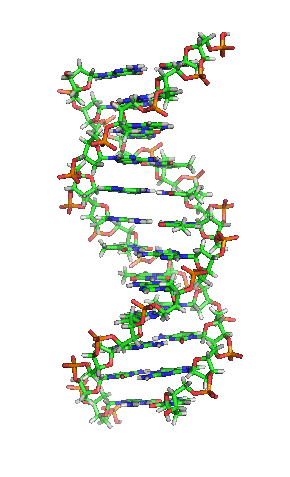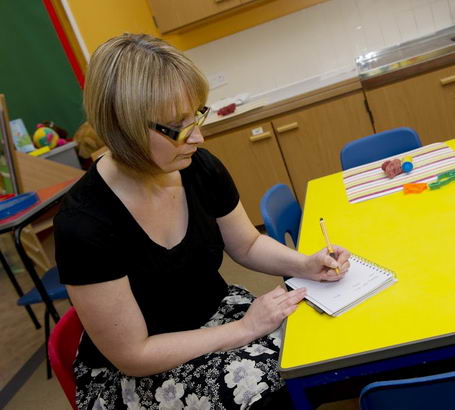
Neuroscience has the potential to help us understand how the genetic predispositions of the brains of individuals (nature) can be built on through education and upbringing (nurture).
Key findings include:
- The way the brain changes and how what we do changes the brain, and
- The power of education to enhance cognition.

Current research in neuroscience is also focused on identifying the brain basis of learning difficulties, which may have implications for:
- Identification and diagnosis
- Designing interventions to overcome or circumvent learning difficulties, and
- Making education more effective.

The expansion in genetics research over the last few decades has revealed the importance of genes in creating individual differences. It is likely that genes play a significant role in learning disabilities and that the implications of genetic research will become increasingly important in the future. A summary of current genetic research is outside the scope of this module. Some references to genetics and heredity have been made, where they are relevant to the discussion of a particular neurological condition.

The results of cognitive psychology have had and continue to have a huge impact on education. Although this module focuses on neuroscience, some references to cognitive psychology are made where they are relevant to the discussion of a particular neurological condition.

Blakemore, S. and Frith, U. (2005), The Learning Brain: lessons for education, Blackwell Publishing